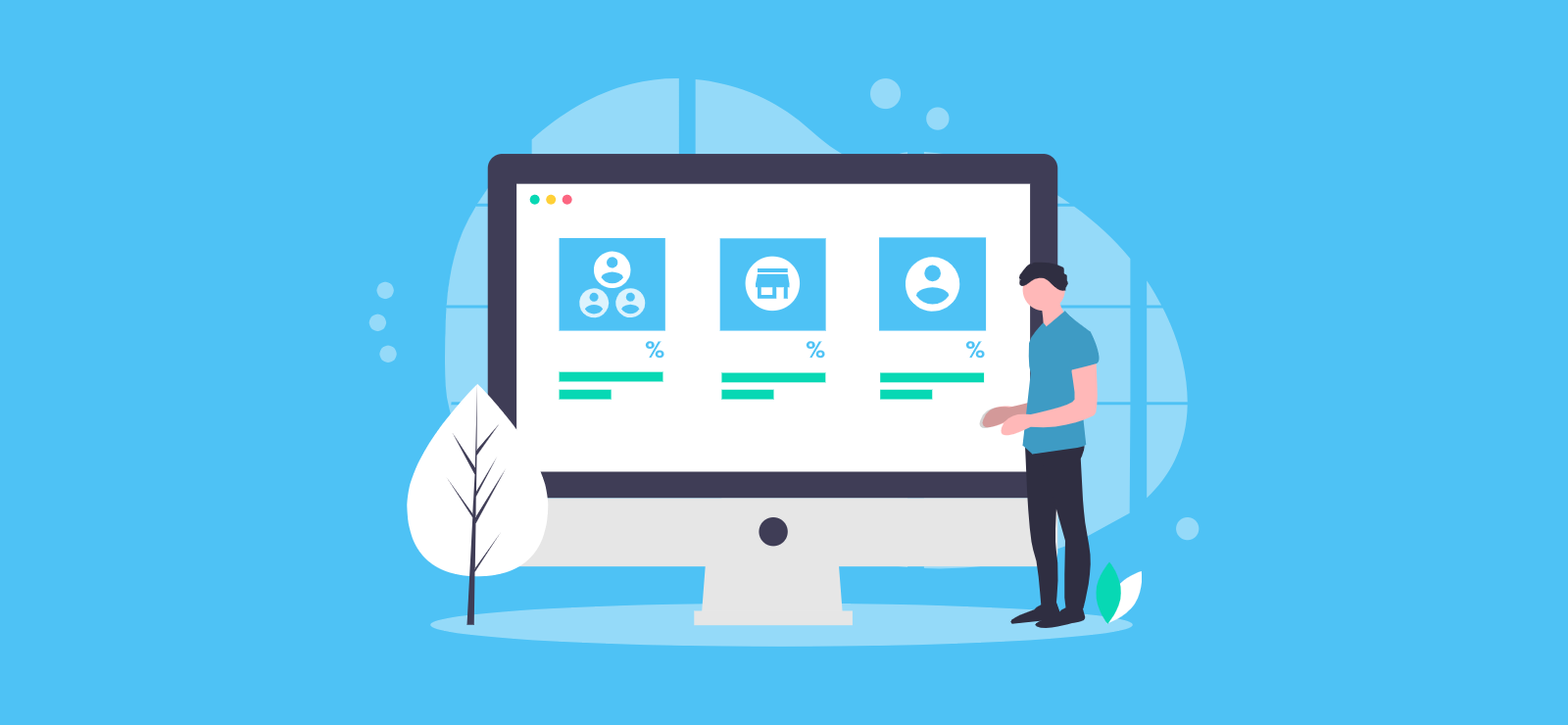

Tax Relief for the Self-Employed
Self-employment can be hard work because as well as doing your job, you also have to be a business owner dealing with marketing, sales, and of course, accounting. When you’ve gone to all that effort to start, grow, and manage your business, it can be a little galling when you realise that a lot of your hard-earned income is subject to tax.
The good news for self-employed people is that there are a number of reliefs and allowances that can help reduce your tax bill. We’re not talking about tax evasion or anything dodgy here. To help encourage business growth and entrepreneurialism, the government offers perfectly legitimate ways that your business can claim tax relief, so let’s dive in and check out our tax-saving tips.
Claiming tax relief on business expenses and costs
When you pay tax on your business earnings you do so on the profit that you make. In other words, the income minus your costs (known as ‘expenses’ by us accountants).
Claiming tax relief on your allowable expenses should be the first port of call for every self-employed person, but we often find businesses are missing out on these. For some people it’s the terror of getting it wrong and ending up in the trouble with HMRC that puts them off. For others, it’s a simple case of forgetting to keep a record of every transaction.
Good bookkeeping is crucial for every business, and particularly useful when it’s time to work out how much tax relief you can claim on all those business expenses.
Just remember that there’s a general rule when it comes to claiming relief against business costs, which is that they must be wholly and exclusively for business purposes. If this is true then you can claim the whole amount against tax, or at least a proportion of it.
Tax relief on the cost of working from home
Many people use their homes as their business HQ, whether that’s as a home office, workshop, storage space, or all of the above. It can sometimes be a bit complicated though, because you’re only allowed to claim for the costs which relate to your business.
With this in mind, there are two methods you can use to work out your expenses for working from home:
- Flat rates: Sometimes also known as simplified expenses, these rates are set by HMRC. To qualify for using them, you must use your home as a workspace for a minimum of 25 hours each month (and this option is only available to sole traders and partnerships).
- Proportional costs: Expenses can also be worked out by calculating the proportion of your home that is used for business, and the amount of time you work in it. You can use this method to work out what proportion of your household costs actually relate to your business, such as heating and electricity, and so on.
Travel and accommodation expenses
The first thing to say here is that you can’t claim travel costs for going to your place of work. So, if you have an office in town that you commute to everyday, you can’t claim relief on it. Fortunately, you can claim costs for other trips, such as visiting clients on-site or travelling to fetch stock.
It is also perfectly acceptable to claim accommodation costs and the reasonable value of a meal if you are staying away from home for business purposes.
A good example of an allowable trip would be where you take a train to meet with a client in their own office that is 400 miles away. You decide to stay overnight and continue the site visit in the morning.
Tax relief on vehicles
We get lots of questions about claiming expenses for vehicle costs, which is unsurprising considering how confusing it can be!
To complicate things further, it’s a bit different depending on whether you’re a sole trader, or if you own the car through your own limited company. As a general rule, it’s well worth keeping travel logs about each journey you make for your business. We also have separate guides which explain the rules for vehicle expenses based on your business structure.
Special clothing and tools
You may be able to claim tax relief for any specialist clothing or equipment that you need for work. As always though, it’s only an allowable expense if it’s used exclusively for the business.
In some cases, it can be a bit tricky to prove. For instance, a personal trainer obviously needs sports clothing for their work, but HMRC can argue that this clothing can also be worn for their own private exercise.
You’ll normally be ok claiming clothing as an expense in your business if it’s part of a branded uniform, a costume, or it’s protective clothing – but get advice if you’re not sure!
Don’t forget your tax allowances
- Personal tax allowance: Every person in the UK has a personal tax allowance which, for the 2024/25 tax year, is £12,570. This means you can earn up to that amount before you need to start paying any tax.
- Trading allowance: If the income you earn from self-employment, a side-hustle, or from property is less than £1,000 in a tax year, you don’t have to register for Self Assessment or pay tax on it. If you do go over the threshold, you can offset the trading allowance against your profits in order to pay less tax (unless you have more than £1,000 in allowable expenses, in which case – claim those!).
Sharing a tax allowance with your spouse
If you have a spouse who isn’t working or who is on a low wage, then the Marriage Allowance lets them transfer £1,260 of their Personal Tax Allowance to you.
It’s a handy top-up that means you still get the benefit of their allowance if it’s otherwise likely to go unused. Under current rules you can only make use of it if you are married or in a civil partnership.
Charity donations
Lots of kind people make donations to charity but not many know that you can claim back the tax on the money you give. As long as the organisation is a registered charity or a community amateur sports club (CASC) then you get tax relief on your donation.
In some cases, the charity will be using the Gift Aid scheme which will pay them back the value of your tax on the gift. They will ask you if you are a UK taxpayer when you give.
As a business, you can offset the cost of sponsorship against your profits but remember that as a self-employed individual, any gifts of stock or cash must be treated as personal drawings which you then gift as an individual, and not a business.
Using tax relief on assets to reduce your bill
As well as the day-to-day costs of running a business, like fuel, stationery and other consumables, you might also spend money on assets. Assets are things that tend to stick around for a while, such as machinery, vehicles (see below) and computers.
As a very rough guide, if you are likely to have it for more than a year then it is normally an asset rather than an expense.
Sometimes known as fixed assets (or capital assets), you might be able to claim capital allowances on their value. This can be a very complex area, so our guide to capital allowances goes into a lot more detail.
Claiming on R&D
If your business carries out research and development (R&D) work as part of its activities, you might be able to claim tax relief on the costs of doing so. Often known as R&D Tax Credits, the scheme offers companies an incentive for innovation. The rules (and relief available) can be a bit confusing, so we explain it in more detail in our article about R&D Tax Relief.
Tax rules are notoriously difficult to understand! Learn more about our online accounting services to help businesses with their tax. Call the team on 020 3355 4047 and get an instant quote online.
Want to learn more?
Subscribe to our newsletter to get accounting tips like this right to your inbox

Read more posts...

When Should I Submit My 2024/25 Self Assessment Tax Return?
31st March 2025Submitting your tax return as soon as the next tax year starts might seems like a strange notion, but it definitely has…
Read More
The Step-by-Step Guide to Dividend Tax in 2025/26
31st March 2025Dividends are a source of income so (inevitably) you’ll need to pay tax on any that you receive. The dividend tax rate…
Read More
UK Tax Rates, Thresholds and Allowances for the Self-Employed
28th March 2025Read our guide to UK tax rates and thresholds for sole traders, limited companies, partners and partnerships, employers, and other businesses. UK…
Read MoreConfirm Transactions
The number of monthly transactions you have entered based on your turnover seem high. A transaction is one bookkeeping entry such as a sale, purchase, payment or receipt. Are you sure this is correct?
Please contact our sales team if you’re unsure
VAT Returns
It is unlikely you will need this service, unless you are voluntarily registered for VAT.
Are you sure this is correct?
Call us on 020 3355 4047 if you’re not sure.
Bookkeeping
You will receive our bookkeeping software Pandle for free, as part of your package.
You can use this to complete your own bookkeeping, or we can provide a quote to complete your bookkeeping for you.
Please select and option below:
Call us on 020 3355 4047 if you’re not sure.

